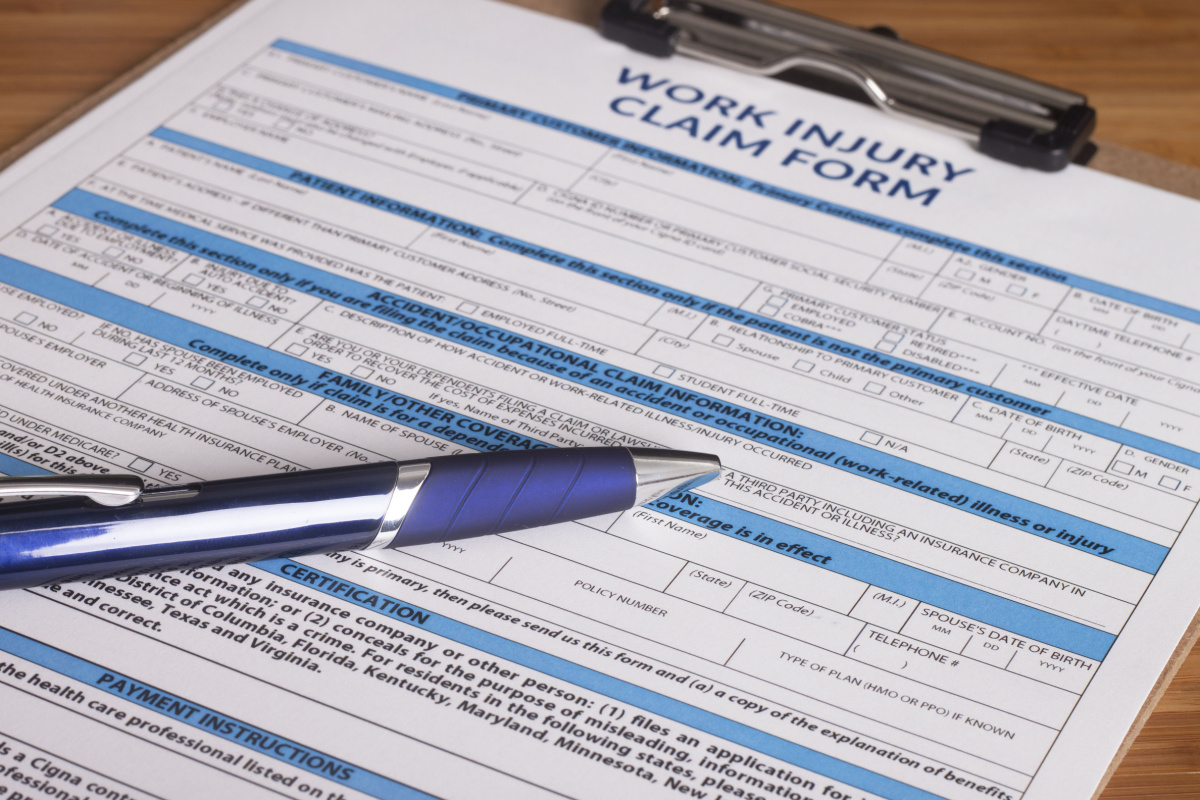Oklahoma’s workers’ compensation laws protect employees injured on the job and streamline the process of obtaining benefits, covering medical costs, lost wages, and disabilities.
| Aspect | Description |
| Purpose | Protect injured employees and provide a streamlined benefits process |
| Employer Requirements | Must have workers’ comp insurance to cover claims |
| Employee Eligibility | Must be an employee (not contractor) with a work-related injury |
| Covered Injuries | Accidents, repetitive injuries, illnesses from exposure over time |
What are the key steps an employee should take immediately after suffering a workplace injury in Oklahoma?
Employees should first seek medical attention, then report the injury to their supervisor promptly (within 30 days by law), document details related to the incident, and retain records of medical care and any missed work. Taking these actions quickly can support the workers’ compensation claim process.
Workers’ compensation laws in Oklahoma exist to protect employees who suffer injuries or illnesses due to their work-related duties. For example, state lawmakers recently passed a bill to include mental health coverage to first responders – such as EMTs and firefighters – through workers’ compensation insurance.
This compensation system is in place as a form of insurance employers are required to have. This can cover a wide range of scenarios – from injuries caused by machinery at work to illnesses caused by exposure to harmful substances, and as seen above, mental health conditions like PTSD.
Unlike other legal situations, workers’ compensation doesn’t require proving fault. An employee doesn’t have to show the employer was negligent to receive benefits.
The concept of workers’ compensation in Oklahoma has evolved over the years to provide better protection for employees. Back in the early 20th century, an injured worker had to take their employer to court, which was a lengthy, expensive, and uncertain process. Recognizing the need for a more efficient system, Oklahoma enacted its first workers’ compensation laws in 1915.
“This change shifted the responsibility onto employers to provide financial support for employees injured on the job.”
The law has since been modified several times to meet changing demands and to further refine the compensation process. Significant changes were made in 2013, replacing the existing court-based system with an administrative one to make the process more efficient.
In Oklahoma, most employees are eligible for workers’ compensation, but there are certain criteria that need to be met:
Importantly, injuries sustained while an employee is intoxicated or violating company policy may not be eligible.
Workers’ compensation in Oklahoma covers a broad array of injuries and illnesses occurring in the course of employment. This could include:
The key factor is the injury or illness must be directly related to the employee’s job duties. However, it’s important to note self-inflicted injuries, injuries sustained while committing a crime, or injuries suffered while an employee is not on the job are typically not covered under workers’ compensation.
Understanding the types of injuries covered can help employees recognize their eligibility for workers’ compensation benefits.
When a workplace injury occurs in Oklahoma, there are several immediate steps the employee should take:
By taking these steps, employees ensure they’re protecting their rights and properly documenting their injury for a workers’ compensation claim.
Filing a workers’ compensation claim in Oklahoma involves a few key steps:
“Filling out a Form 3, also known as the Worker’s First Notice of Accidental Injury and Claim for Compensation.”
This form should detail the injury and how it occurred. Once completed, it should be submitted to the Oklahoma Workers’ Compensation Court of Existing Claims. It’s worth noting time limits for filing claims – typically two years from the date of the injury.
If a workers’ compensation claim in Oklahoma is denied, the employee has the right to challenge this decision by:
In Oklahoma, workers’ compensation covers both temporary and permanent disabilities.
A temporary disability is one where the worker is unable to perform their job duties for a limited period due to a work-related injury or illness.
The employee may receive temporary total disability (TTD) benefits, which are weekly payments to compensate for lost wages during this period.
On the other hand, a permanent disability is when the worker’s ability to work is permanently affected by their injury or illness. These can be categorized into two types: permanent partial disability (PPD), where the worker can still perform some work, and permanent total disability (PTD), where the worker is completely unable to work. PPD and PTD benefits provide long-term financial support to help workers deal with the impact of their disabilities.
Lets Recap:
Temporary Disability:
Permanent Disability:

Several misconceptions exist about workers’ compensation laws in Oklahoma.
Dispelling these myths can help employees better understand their rights under workers’ compensation laws.
If you are dealing with a workers’ compensation case, contact us or call us at 918-359-6600 today for a free consultation.
When injury victims need a law firm with a reputation for excellence, turn to Graves McLain Injury Lawyers. We are a top-rated personal injury firm determined to be the best. With decades of award-winning representation, our clients recover the compensation they need to put their lives back together.